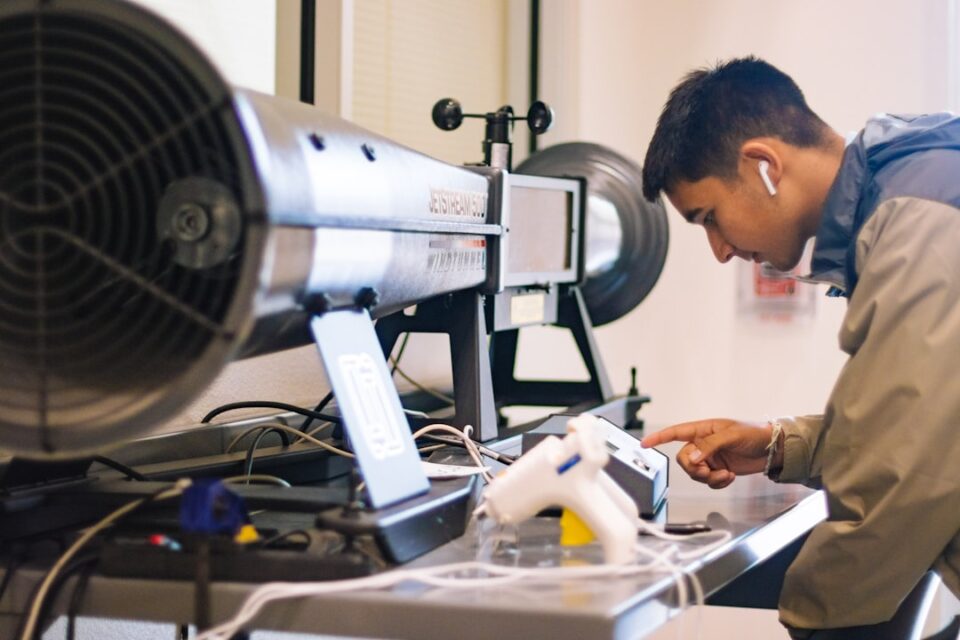Climate change is one of the most pressing issues facing our planet today. As global temperatures continue to rise, severe weather events, rising sea levels, and melting ice caps are becoming increasingly common. In order to combat this crisis, a collective effort is needed from individuals, governments, and industries around the world. Engineers, in particular, are playing a crucial role in addressing climate change.
Engineers are at the forefront of developing innovative solutions to reduce greenhouse gas emissions and mitigate the impacts of climate change. They are working on a wide range of projects, from designing more energy-efficient buildings to developing sustainable transportation systems. By applying their technical expertise and problem-solving skills, engineers are helping to create a more sustainable future for generations to come.
One key area where engineers are making a significant impact is in the development of renewable energy sources. Fossil fuels are the primary driver of climate change, releasing large amounts of greenhouse gases into the atmosphere when burned for energy. Engineers are working on developing renewable energy sources, such as solar, wind, and hydroelectric power, which produce electricity without emitting greenhouse gases. These clean energy sources not only help to reduce emissions but also reduce our dependence on finite fossil fuels.
Another way engineers are addressing climate change is through the design of more energy-efficient buildings and infrastructure. Buildings are a major source of greenhouse gas emissions, accounting for a significant portion of global energy consumption. Engineers are using innovative materials and technologies to design buildings that are more energy-efficient, reducing their carbon footprint and lowering their operating costs. Additionally, engineers are designing sustainable transportation systems, such as electric vehicles and high-speed rail, that have lower emissions than traditional modes of transportation.
Engineers are also playing a critical role in developing technologies to capture and store carbon dioxide emissions. Carbon capture and storage (CCS) technologies remove carbon dioxide from industrial processes or power plants and store it underground, preventing it from entering the atmosphere. Engineers are working to improve the efficiency and cost-effectiveness of CCS technologies, making them a viable option for reducing emissions from large sources of pollution.
In addition to these efforts, engineers are also working on climate adaptation projects to help communities prepare for the impacts of a changing climate. Rising sea levels, increased frequency of extreme weather events, and shifting weather patterns all pose significant challenges to communities around the world. Engineers are developing infrastructure projects, such as seawalls and stormwater management systems, to protect against flooding and other climate-related hazards. They are also working on projects to improve water management, increase food security, and protect biodiversity in the face of climate change.
It is clear that engineers have a crucial role to play in addressing climate change. By developing innovative solutions, designing sustainable infrastructure, and preparing communities for the impacts of a changing climate, engineers are helping to create a more sustainable future for all. However, addressing climate change is a complex and multifaceted issue that requires a collective effort from individuals, governments, and industries. By working together, we can create a more sustainable future for generations to come.

